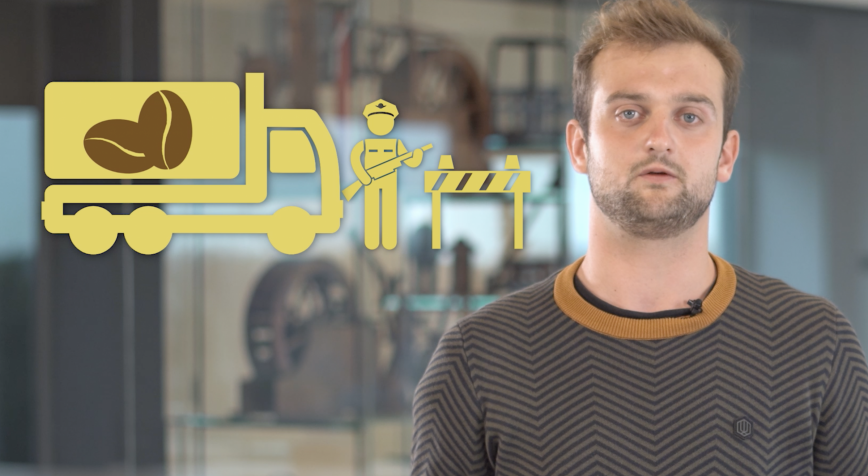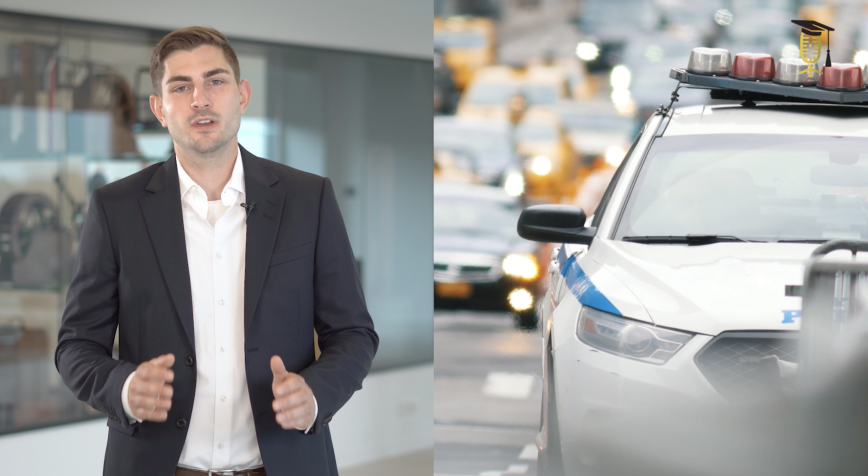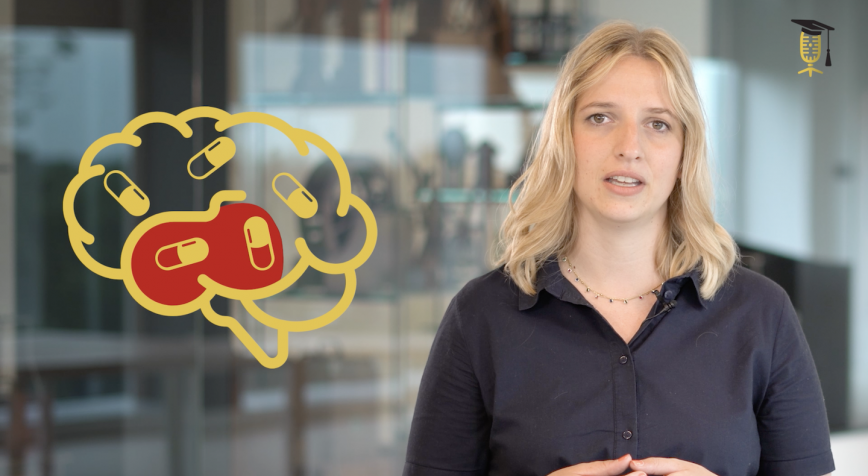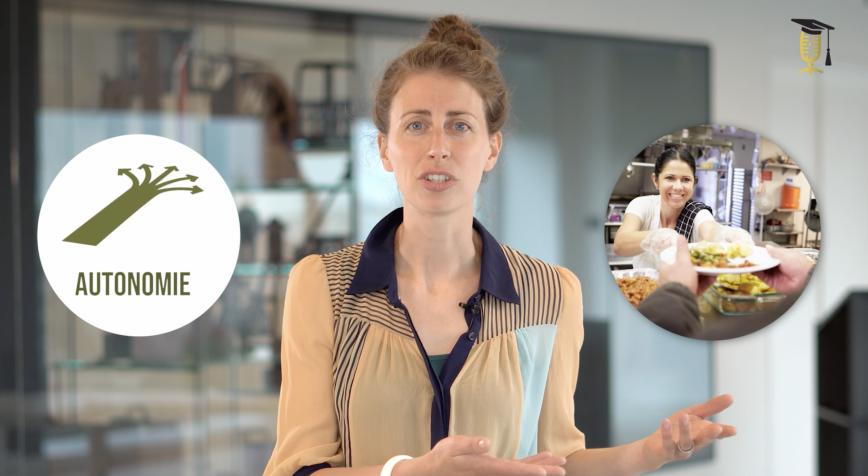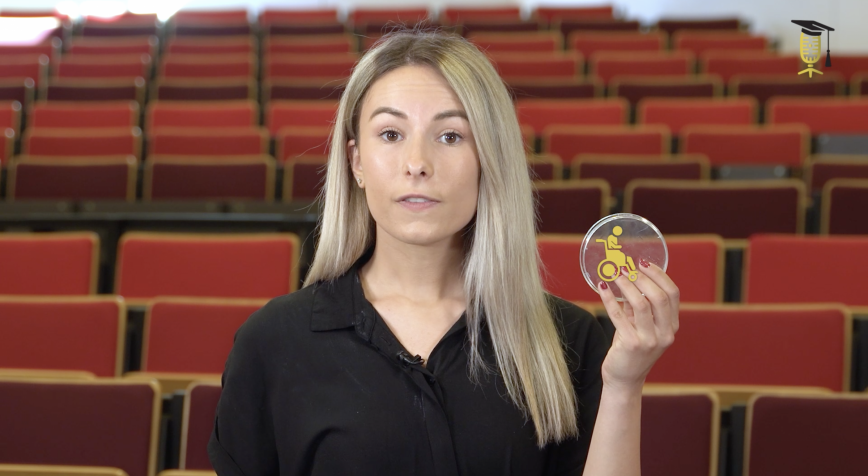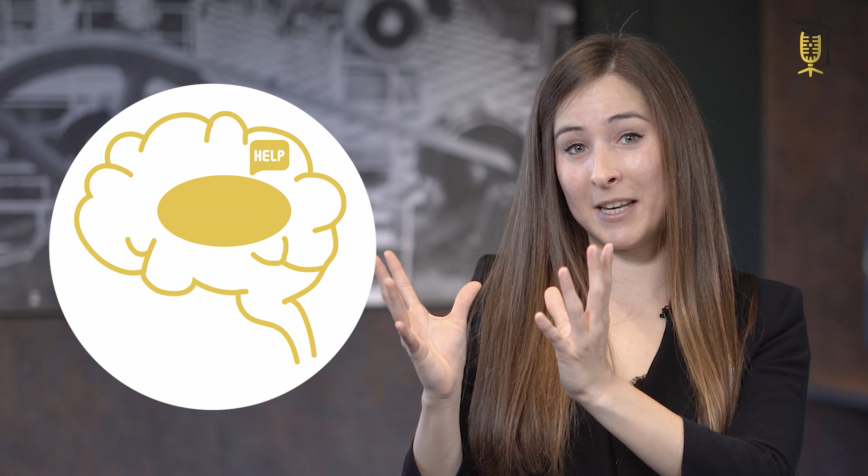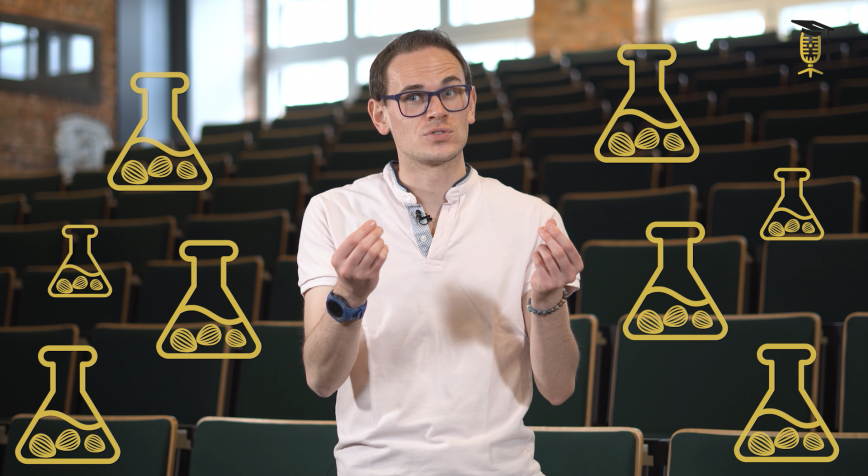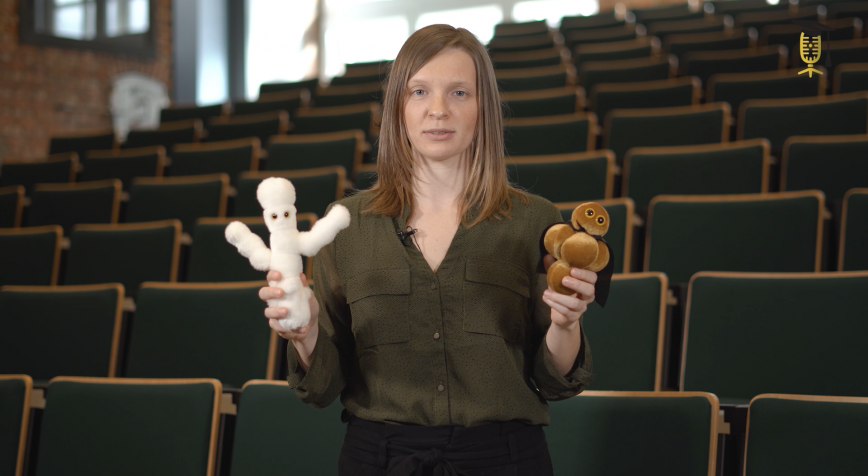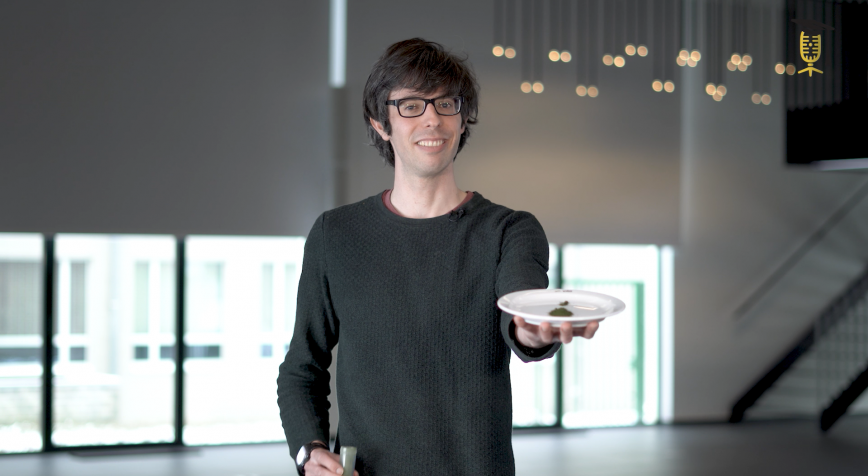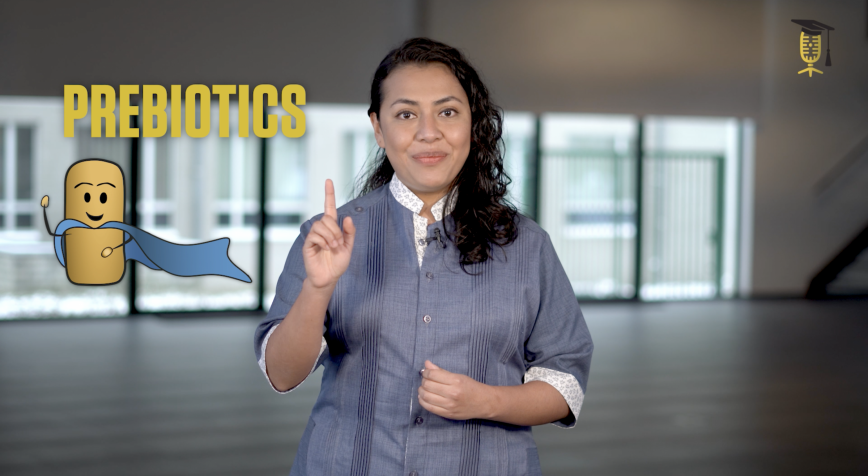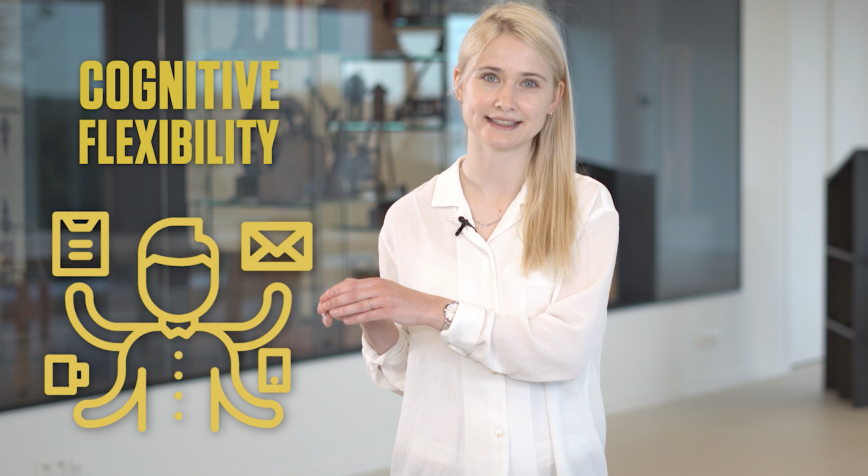
UGent
Switching easily between tasks: can we train it?
Imagine working from home while watching the kids. Not an easy feat, right? You constantly have to switch your attention from one task to the other. But can we get people to switch easier between tasks? That's what psychologist Leslie Held wants to find out.
